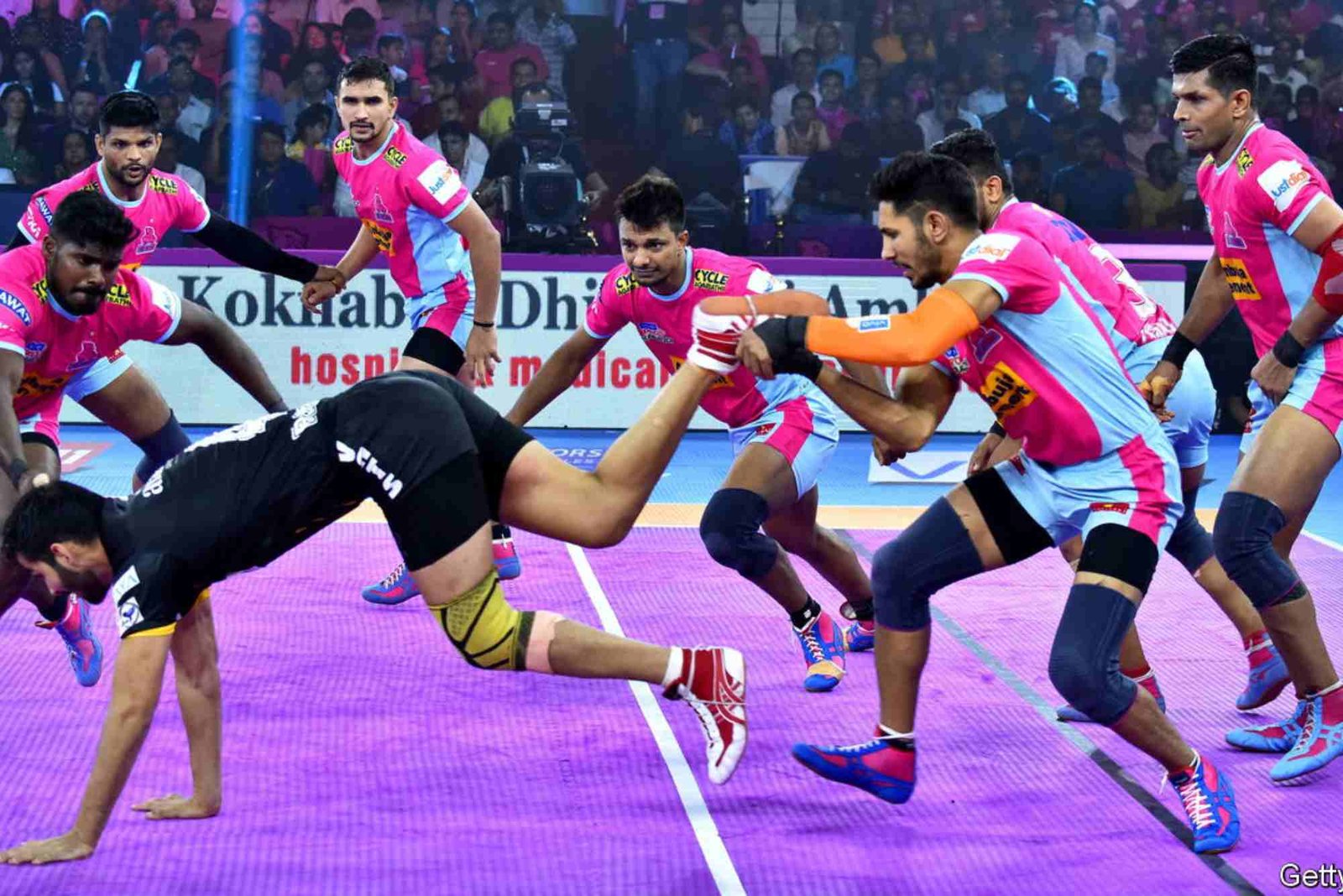Introduction
The question “What is the oldest sport in the world?” has fascinated historians, athletes, and curious minds alike. Sports have always been a vital part of human life—long before modern stadiums, uniforms, or global tournaments. They were born out of survival, strength, and the need for competition. The story of the world’s oldest sport takes us back thousands of years, connecting our present-day passions to the traditions of ancient civilizations.
The Origins of Human Competition
Before organized games and official rules, early humans engaged in physical challenges as a part of daily survival. Hunting, running, and wrestling were not merely recreational—they were vital skills. Over time, these survival-based activities evolved into structured contests that celebrated strength, agility, and endurance. This evolution marked the beginning of sports as a cultural and social phenomenon.
Why Sports Emerged in Ancient Civilizations
Ancient societies viewed sports as a reflection of human excellence and divine favor. In Mesopotamia, Egypt, and Greece, athletic contests were linked to religious rituals and community celebrations. Physical competition became a way to display courage, discipline, and mastery—qualities admired by gods and kings alike.
Wrestling: The Oldest Recorded Sport
Among all ancient games, wrestling holds the strongest claim to the title of the oldest sport in the world. Archaeological evidence, such as cave paintings in France dating back more than 15,000 years, depicts two men engaged in wrestling. The ancient Sumerians, Egyptians, and Greeks also recorded wrestling as a form of sport and combat training.
Wrestling in Ancient Egypt and Sumer
Historical records from Mesopotamia around 3000 BCE describe wrestling matches as part of royal ceremonies. Similarly, tomb murals in ancient Egypt show wrestlers performing various grappling techniques that resemble modern wrestling styles. These depictions demonstrate that wrestling was more than entertainment—it was an expression of strength, honor, and skill.
The Greek Influence on Modern Wrestling
When ancient Greece embraced wrestling, it transformed from a ritual into a formal sport. It became a key event in the Olympic Games, first held in 776 BCE. Greek wrestling emphasized technique and physical balance, with matches ending only when one competitor was thrown to the ground three times. This discipline laid the foundation for today’s Olympic wrestling.
If you want to explore other fascinating sports history topics, visit Which Is The Oldest Sport In The World to discover more insights.
Other Ancient Sports That Shaped History
While wrestling stands as the oldest, many other ancient sports have remarkable origins and cultural significance.
Running: Humanity’s Natural Sport
Running likely began as the simplest and most instinctive human activity. Ancient tribes relied on speed for hunting and survival. The first organized running races were recorded in ancient Egypt and Greece. The “Stadion” race in Olympia, covering 192 meters, was the first event of the Olympic Games and marked the birth of competitive running.
Archery: From Survival to Skill
Archery, with evidence dating back over 10,000 years, served both as a hunting tool and a measure of precision and focus. Civilizations in China, Egypt, and Mesopotamia developed competitive archery long before it became a sport. It later evolved into a form of noble training, especially in medieval Europe and Japan’s Kyudo tradition.
Boxing: The Art of Combat and Honor
Boxing has ancient roots as well. Early depictions from Sumer and Egypt show men fighting with their fists. The Greeks formalized boxing in their Olympic Games, using leather straps instead of gloves. It was a brutal sport symbolizing endurance and bravery, similar to the fighting spirit celebrated in today’s boxing rings.
Javelin and Discus Throw: Symbols of Strength
These events originated in ancient Greece as part of the pentathlon. The javelin and discus throws demonstrated a warrior’s ability to use weapons and strength effectively. They remain iconic symbols of athletic prowess in modern Olympic competitions.
Sports in Ancient Civilizations: A Global Perspective
Every civilization developed unique forms of athletic expression, shaped by culture, environment, and beliefs.
Sports in Ancient China
China’s earliest recorded sport was cuju, an ancient form of football dating back to 2500 BCE. Cuju involved kicking a leather ball through a net—a concept that influenced the evolution of modern soccer. The Chinese also practiced martial arts for both physical and spiritual growth.
Sports in the Indus Valley and India
Ancient India’s connection to physical culture dates back thousands of years. Activities like mallakhamb (wrestling on a wooden pole) and kabaddi reflect the country’s emphasis on discipline, teamwork, and strategy. These sports continue to thrive as living traditions.
Mayan and Egyptian Ball Games
In Mesoamerica, the Mayans and Aztecs played a sacred ball game called pok-ta-pok. Players used their hips to strike a heavy rubber ball through stone rings, symbolizing the battle between life and death. In Egypt, similar ritual games symbolized fertility and renewal.
The Cultural and Spiritual Value of Ancient Sports
Sports were not just physical contests—they held moral, spiritual, and educational significance. Ancient athletes were celebrated as heroes, representing ideals of honor, balance, and divine connection. Temples and arenas were built to honor both gods and champions, emphasizing that athletic excellence was a form of worship and self-discipline.
The Evolution Toward Modern Sports
The transformation from ritual competition to modern sports began in ancient Greece and Rome. The Greeks introduced standardized rules, prizes, and organized venues, while the Romans popularized spectator events such as gladiatorial games. Over time, medieval Europe and the Renaissance revived interest in structured athletics, leading to today’s professional and Olympic sports culture.
The Olympic Games: Ancient to Modern
The ancient Olympics inspired the modern Olympic movement launched in 1896. Sports like wrestling, boxing, and running remain central, preserving their historical essence while adapting to contemporary formats. Today’s athletes, like their ancestors, embody the universal pursuit of excellence and unity through competition.
For further insights into global sporting traditions, check this Related Blog article that explores sports honors and their historical roots.
Why Knowing the Oldest Sport Matters
Understanding which is the oldest sport in the world helps us appreciate the shared human heritage that transcends borders and time. Sports are more than physical acts—they connect generations, preserve history, and teach values of perseverance, respect, and discipline. Recognizing these ancient origins reminds us that the human desire to compete and achieve is eternal.
The Eternal Legacy of Human Competition
The answer to what is the oldest sport in the world reveals more than a date—it uncovers humanity’s timeless pursuit of mastery and meaning. From prehistoric wrestling contests to the global stage of the Olympic Games, the spirit of competition remains a bridge between the past and the present. Whether for survival, honor, or unity, sports continue to define the essence of human progress.
To explore more historical and modern insights into global sports, Learn more about how athletic traditions continue to shape our world today.
If you’re passionate about history, culture, and sports, follow our blog for more engaging reads on ancient traditions and modern athletic evolution. Discover how humanity’s oldest passions continue to inspire generations.
FAQs
1. Which is the oldest sport known to mankind?
Wrestling is widely considered the oldest sport, with evidence from prehistoric cave paintings and ancient civilizations.
2. What was the first Olympic sport?
Running was the first recorded Olympic sport, introduced in 776 BCE as the “Stadion” race.
3. Is archery older than wrestling?
While archery is ancient and dates back to around 10,000 BCE, evidence suggests wrestling existed even earlier.
4. Which country invented sports?
No single country “invented” sports. Different civilizations independently developed games suited to their environment and culture.
5. Are ancient sports still practiced today?
Yes, many ancient sports like wrestling, running, and archery are still practiced in modern forms globally.
6. What was the purpose of sports in ancient times?
Ancient sports served multiple purposes—military training, ritual offerings, community bonding, and celebration of physical excellence.




